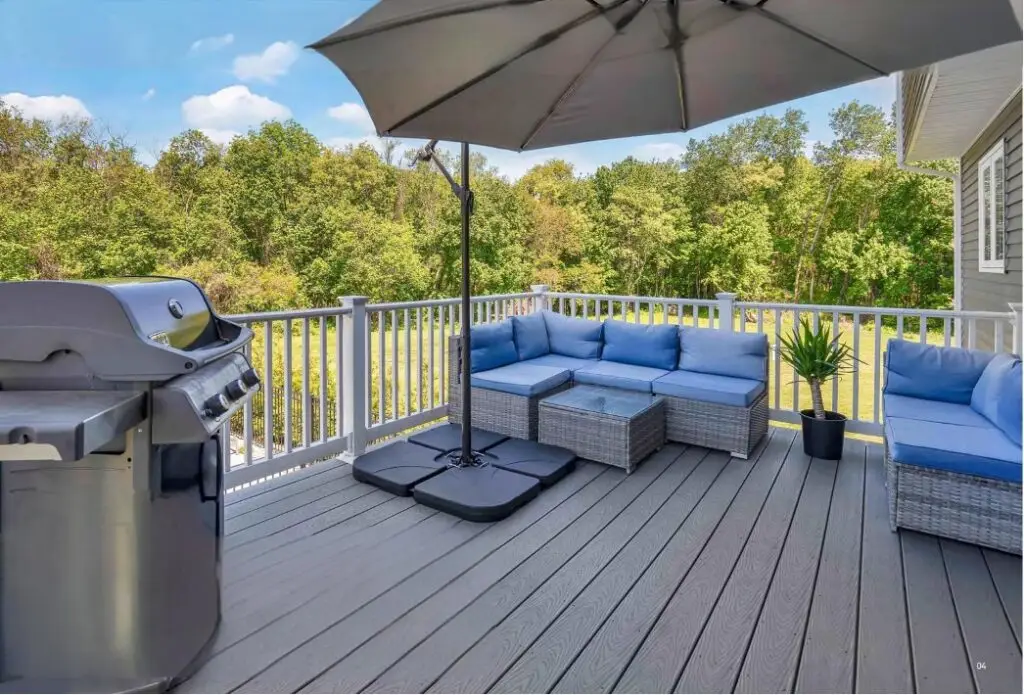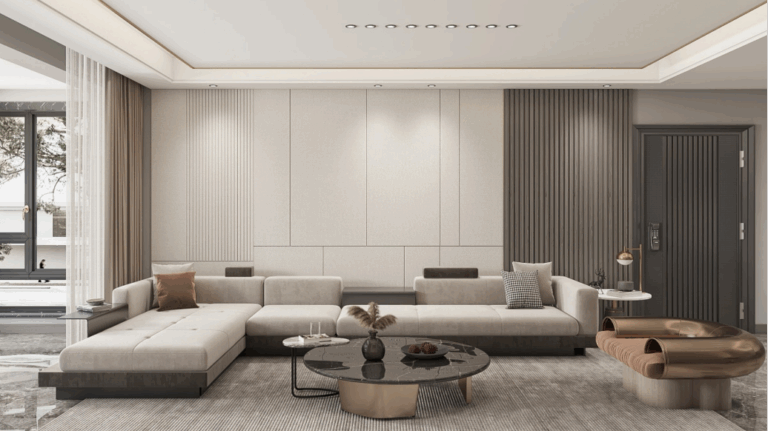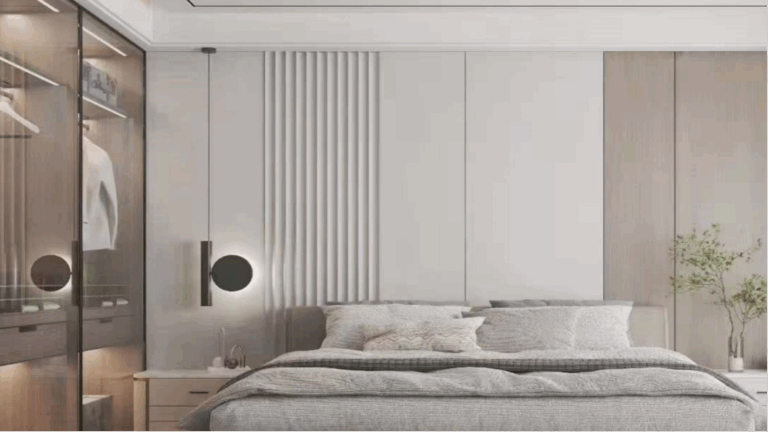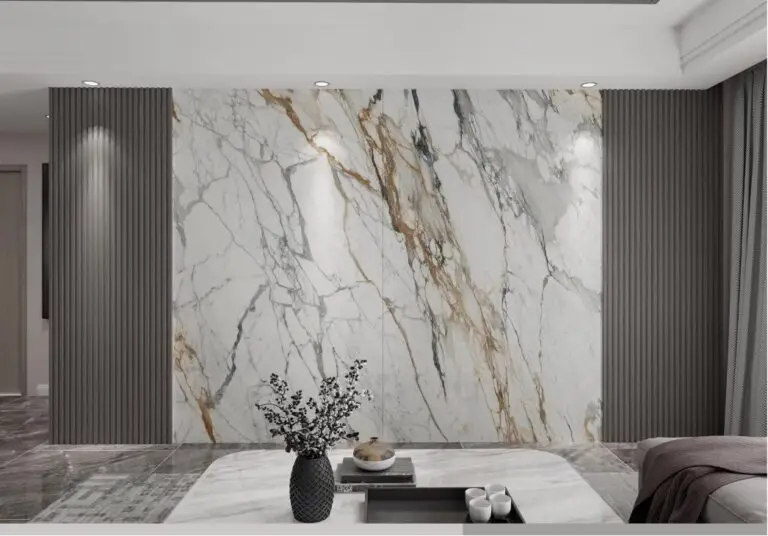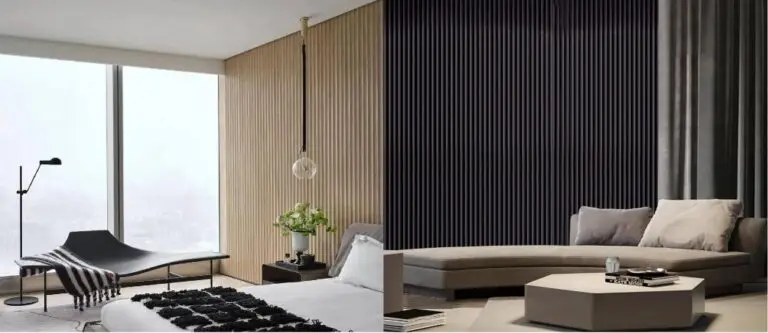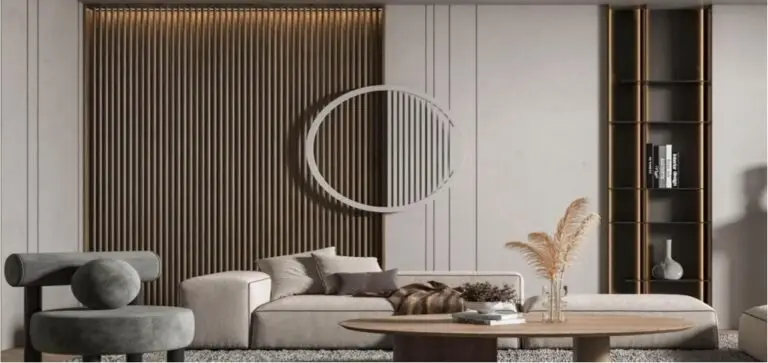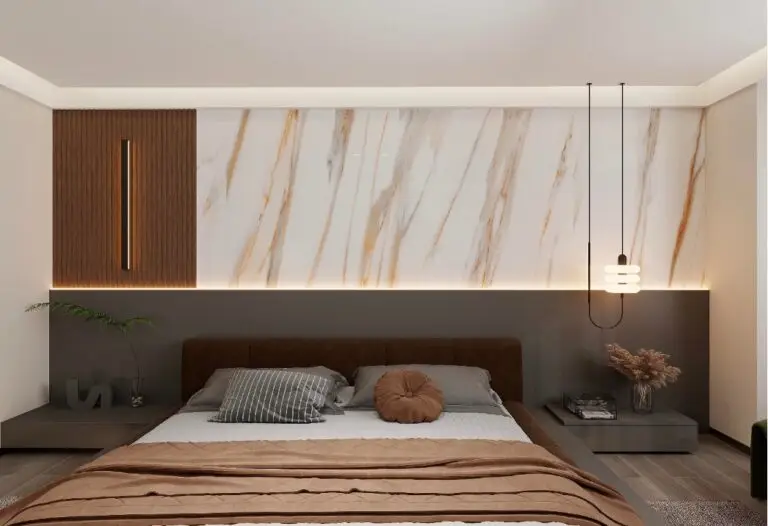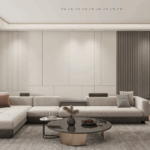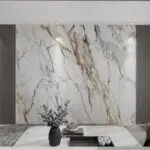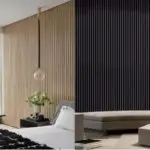Introduction: The Rise of Safe and Stylish Commercial Flooring
Businesses are increasingly prioritizing safety and aesthetics in their outdoor and high-traffic areas. Anti-slip Wood-Plastic Composite (WPC) flooring has emerged as a versatile solution, offering a compelling combination of safety features and attractive design. To begin with, discover seven key commercial applications, ranging from elevated rooftop gardens to bustling poolside decks, where this innovative material is making a significant impact.
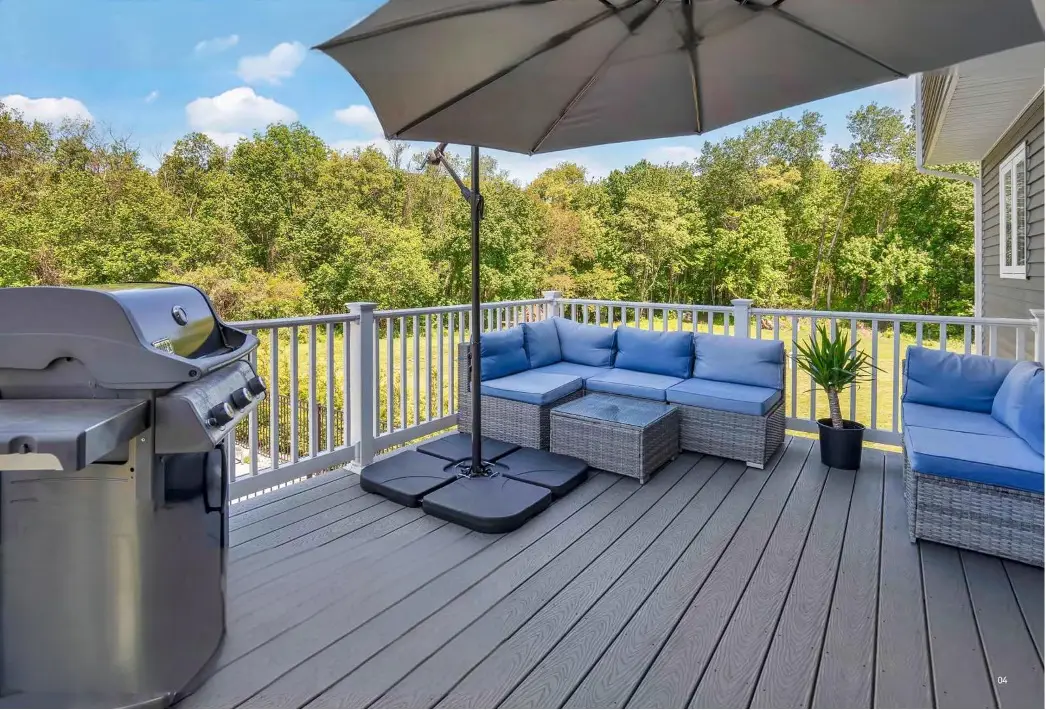
1. Elevated Urban Oases: Safe & Stylish Rooftop Terraces
Key Benefit: Transform underutilized rooftops into revenue-generating social hubs with anti-slip WPC flooring.
Hotels and restaurants choose WPC for its water-resistant properties and attractive weathered teak look. Furthermore, unlike traditional decking, WPC offers several advantages. Firstly, it boasts dimensional stability, resisting swelling and splintering across temperature changes (-20°C to 60°C). Secondly, its seamless design ensures smooth transitions in lounge and vertical garden areas. Moreover, the high slip resistance (R 0.6-0.8) is crucial for safe cocktail events. Finally, the sleek integration of modular WPC tiles with concealed drainage prevents puddles.
For instance, Singapore’s Marina Bay Sands and Bangkok’s Sky Bars showcase this blend of safety and luxury.
2. Aquatic Safety & Style: Resort Pool Decks
Key Benefit: Prioritize safety and enhance aesthetics around resort pools with anti-slip WPC planks.
Resorts favor ribbed-surface WPC for its heat-reflective properties and resistance to chlorine and sunscreen. Specifically, key advantages include a cooler surface compared to concrete under the sun. In addition, it offers superior stain resistance compared to porous stone alternatives. Furthermore, WPC facilitates the creation of ADA-compliant ramps. Beyond that, its UV-stabilized pigments prevent fading, ensuring lasting barefoot comfort. Finally, its non-porous surface resists algae growth, leading to simplified maintenance.
A prime example is Disney’s Aulani Resort in Hawaii, which utilizes WPC for its pool decks.
3. High-Traffic Durability: Retail Walkways
Key Benefit: Combat wear and enhance aesthetics in busy retail spaces with anti-slip WPC.
Shopping malls choose WPC for its ability to withstand heavy foot traffic and rolling merchandise. For example, its high compression strength (12–18 MPa) resists dents from heels and carts. Moreover, retail designers leverage WPC’s tonal versatility to create subtle pathways that guide shoppers subliminally. A notable illustration is Istanbul’s Zorlu Center, featuring extensive WPC walkways. Unlike ceramic tiles, WPC’s interlocking boards accommodate structural movement, and additionally, its noise reduction (25 dB NRC) dampens cart clatter.
4. Maritime Applications: Safe & Durable Dock & Yacht Decking
Key Benefit: Combat saltwater damage and ensure safety on docks and yachts with anti-slip WPC.
Marinas favor WPC over traditional wood due to its resistance to saltwater and marine organisms. Key features include, firstly, superior saltwater resistance. Secondly, it offers enhanced grip, maintaining anti-slip properties even when wet or contaminated. Furthermore, WPC provides dimensional stability, resisting warping from tidal pressure changes. Finally, its chemical resistance allows it to withstand jet fuel and other harsh substances.
A key factor in Monaco’s yacht club renovations was the use of WPC decking.
5. Healthcare Sanctuaries: Safe & Sanitary Outdoor Spaces
Key Benefit: Prevent falls and maintain hygiene in healthcare courtyards and therapy pools with anti-slip WPC.
Medical campuses specify WPC with antimicrobial additives for its safety and sanitary properties. For instance, it offers significant fall prevention. Furthermore, its antimicrobial properties help neutralize harmful bacteria. Moreover, its seamless installation eliminates grout lines where pathogens can accumulate. In addition, WPC provides a comfortable thermal conductivity for heated pool surrounds. Finally, its shock absorption reduces joint stress during therapy.
Hospitals in Singapore have upgraded to WPC for enhanced safety and hygiene, highlighting its benefits.
6. Aviation Infrastructure: Durable & Chemical-Resistant Airport Flooring
Key Benefit: Ensure safety and durability in airport lounges and jet bridges with chemical-resistant WPC.
Airports choose WPC for its ability to withstand fuel spills and extreme temperatures. Specifically, it offers excellent chemical resistance. Additionally, its textured surface enhances traction, preventing slips from luggage trolleys. Furthermore, innovative features like RFID-embedded panels can aid visually impaired travelers. Beyond that, WPC boasts high fire safety ratings. Finally, its ESD properties protect sensitive navigation equipment.
Frankfurt Airport’s Terminal 3 features WPC flooring, demonstrating its suitability.
7. Educational Ecosystems: Safe & Sustainable Learning Environments
Key Benefit: Create safe and durable outdoor learning spaces with impact-modified WPC.
Universities replace timber decks with WPC for its durability and safety. For example, it offers excellent impact resistance. Moreover, it provides superior freeze-thaw resistance. Crucially, the anti-slip surface prevents accidents during wet conditions. Additionally, its sound dampening enhances speech clarity. Finally, its chemical resilience makes it suitable for science labs.
MIT’s Kendall Square utilizes WPC for its outdoor spaces, underscoring its durability.
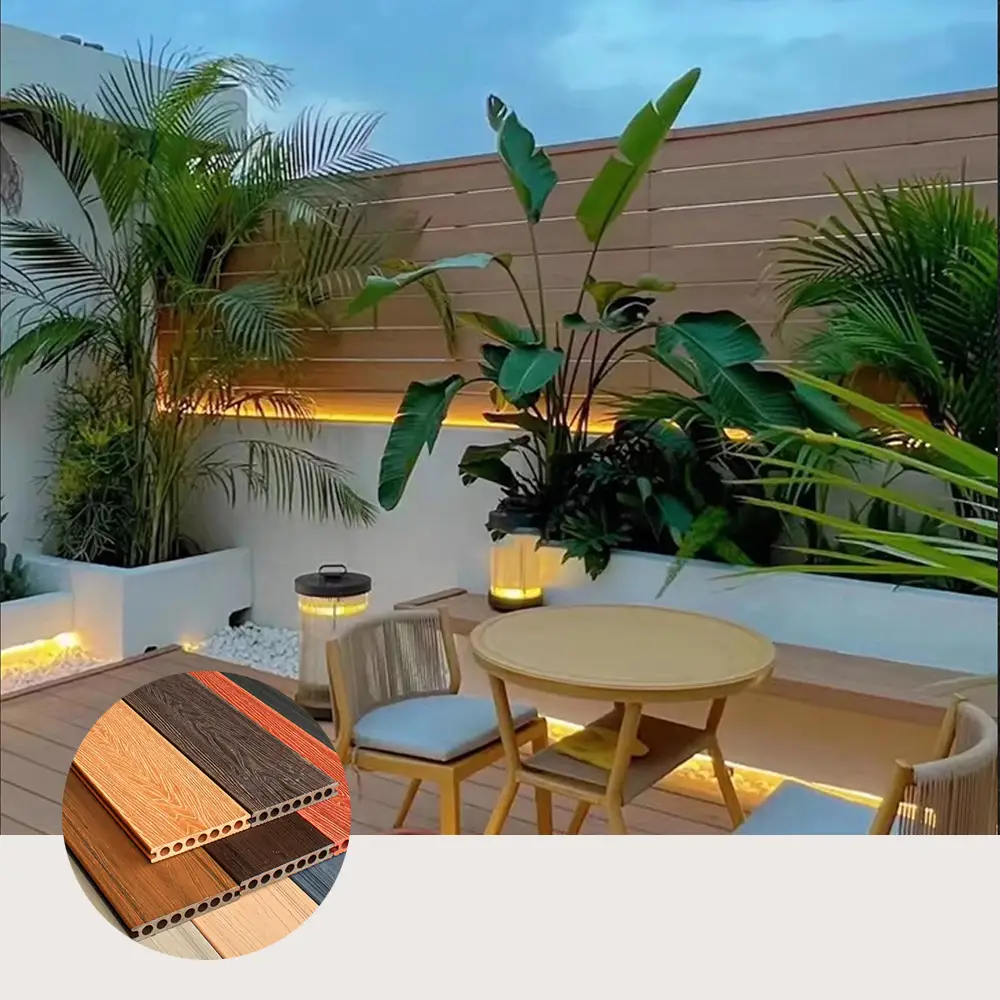
Conclusion: Redefining Commercial Flooring with Safety and Innovation
In conclusion, anti-slip WPC flooring has evolved into a highly versatile and effective solution for a wide range of commercial applications. By combining the natural look of wood with the durability and safety of advanced polymers, it addresses critical needs for safety, sustainability, and long-term cost-effectiveness. Therefore, from enhancing the ambiance of rooftop bars to ensuring safety on busy docks, WPC is redefining what commercial floors can achieve.

